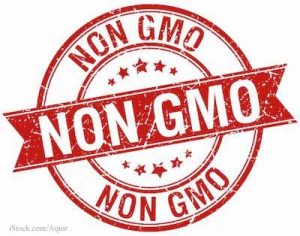Stacy Malkan of California Right to Know told Food Poisoning Bulletin that new donations to fight Proposition 37 were just reported to the California Secretary of State. Monsanto Co., by far the largest contributor, has donated $4.2 million. The total contributions now total almost $25 million.
 Almost $23 million has been donated against Prop 37 in the last week. Ms. Malkan said, “the giant pesticide and food companies are afraid of the mothers and grandmothers who want the right to know what’s in our food.” The “Big 6” pesticide companies: Monsanto, Dow, BASF, Bayer, Syngenta, and Dupont, have contributed $13.5 million so far. And of the twenty largest contributors to the No on 37 campaign, only one is from a company based in California.
Almost $23 million has been donated against Prop 37 in the last week. Ms. Malkan said, “the giant pesticide and food companies are afraid of the mothers and grandmothers who want the right to know what’s in our food.” The “Big 6” pesticide companies: Monsanto, Dow, BASF, Bayer, Syngenta, and Dupont, have contributed $13.5 million so far. And of the twenty largest contributors to the No on 37 campaign, only one is from a company based in California.
The organization Coalition Against Costly Food Labeling Proposition (CACFLP), nicknamed “No on 37” says that the measure “represents a costly and deceptive regulation” that would ban many food products unless they are labeled as containing GMOs or remade with higher-cost non-GMO ingredients. That organization claims that genetic engineering (GE) has been used for almost 20 years to grow varieties of corn, soybeans, and other crops that require fewer pesticides.
Studies examining this claim have been mixed. One study published in the journal Nature in July 2012 found that crops producing insecticidal proteins from Bacillus thuringiensis (Bt) have helped control insect pests and reduced the need for insecticides. Another report found that after an initial decrease in the need for pesticides, there have been large increases in pesticide use on GMO crops.
In addition, the number of herbicide-resistant weeds is increasing. An article in the journal BioScience argues that the widespread use of GE crops is forcing agriculture “toward reduced sustainability”. In fact, as a result of increased GE crops, there has been a decline in the number of farmers who practice “Integrated Weed Management”, such as crop rotation, tillage, and cropping practices that allow desired plants to effectively compete with weeds. Those practices are used by organic farming systems.




